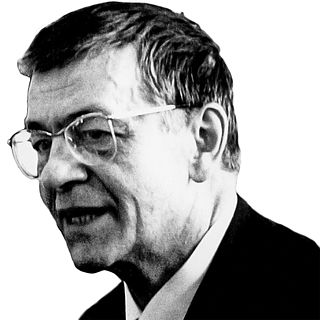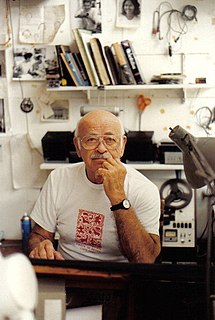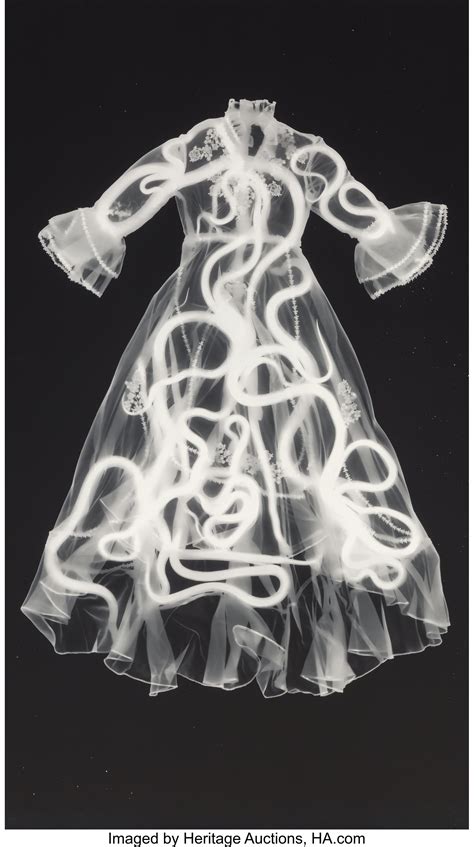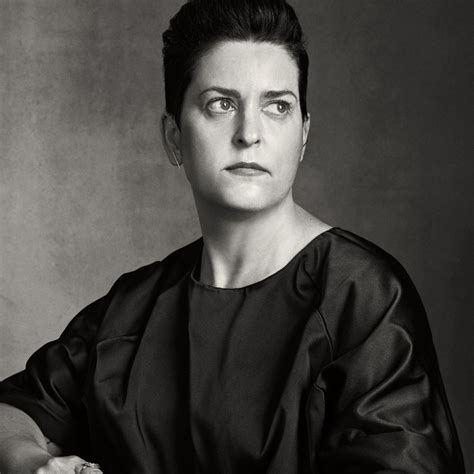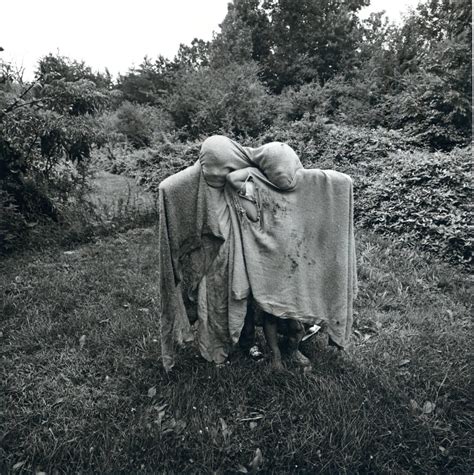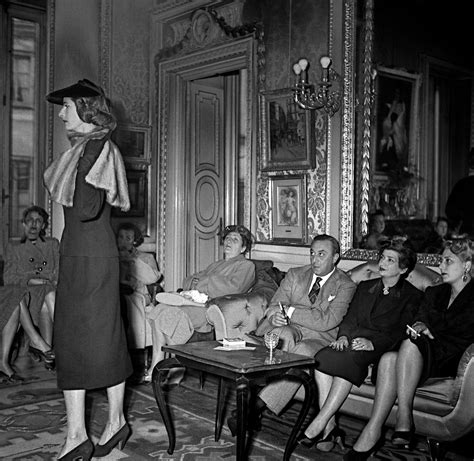A Quote by Susan Sontag
Photography is a kind of overstatement, a heroic copulation with the material world.
Quote Topics
Related Quotes
I don't know that there were any rules for documentary photography. As a matter of fact, I don't think the term was even very precise. So as far as I'm concerned, the kind of photography I did in the FSA was the kind of photography I still do today, because it is based on passionate concern for the human condition. That is the basis of all the work that I do.
To know whether photography is or is not an art matters little. What is important is to distinguish between good and bad photography. By good is meant that photography which accepts all the limitations inherent in photographic technique and takes advantage of the possibilities and characteristics the medium offers. By bad photography is mean that which is done, one may say, with a kind of inferiority complex, with no appreciation of what photography itself offers: but on the contrary, recurring to all sorts of imitations.
I was attracted to photography because it was technical, full of gadgets, and I was obsessed with science. But at some point around fifteen or sixteen, I had a sense that photography could provide a bridge from the world of science to the world of art, or image. Photography was a means of crossing into a new place I didn't know.
Photography's relationship with pornography is as old as photography. That kind of unholy relationship is formed from the very beginning, and there's a reason why: it's thoroughly enjoyable to be that voyeuristic. Voyeurism is a very old modality, and most of the history of photography is in some way related voyeurism.
"You know you are seeing such a photograph if you say to yourself, "I could have taken that picture. I've seen such a scene before, but never like that." It is the kind of photography that relies for its strengths not on special equipment or effects but on the intensity of the photographer's seeing. It is the kind of photography in which the raw materials-light, space, and shape-are arranged in a meaningful and even universal way that gives grace to ordinary objects."

